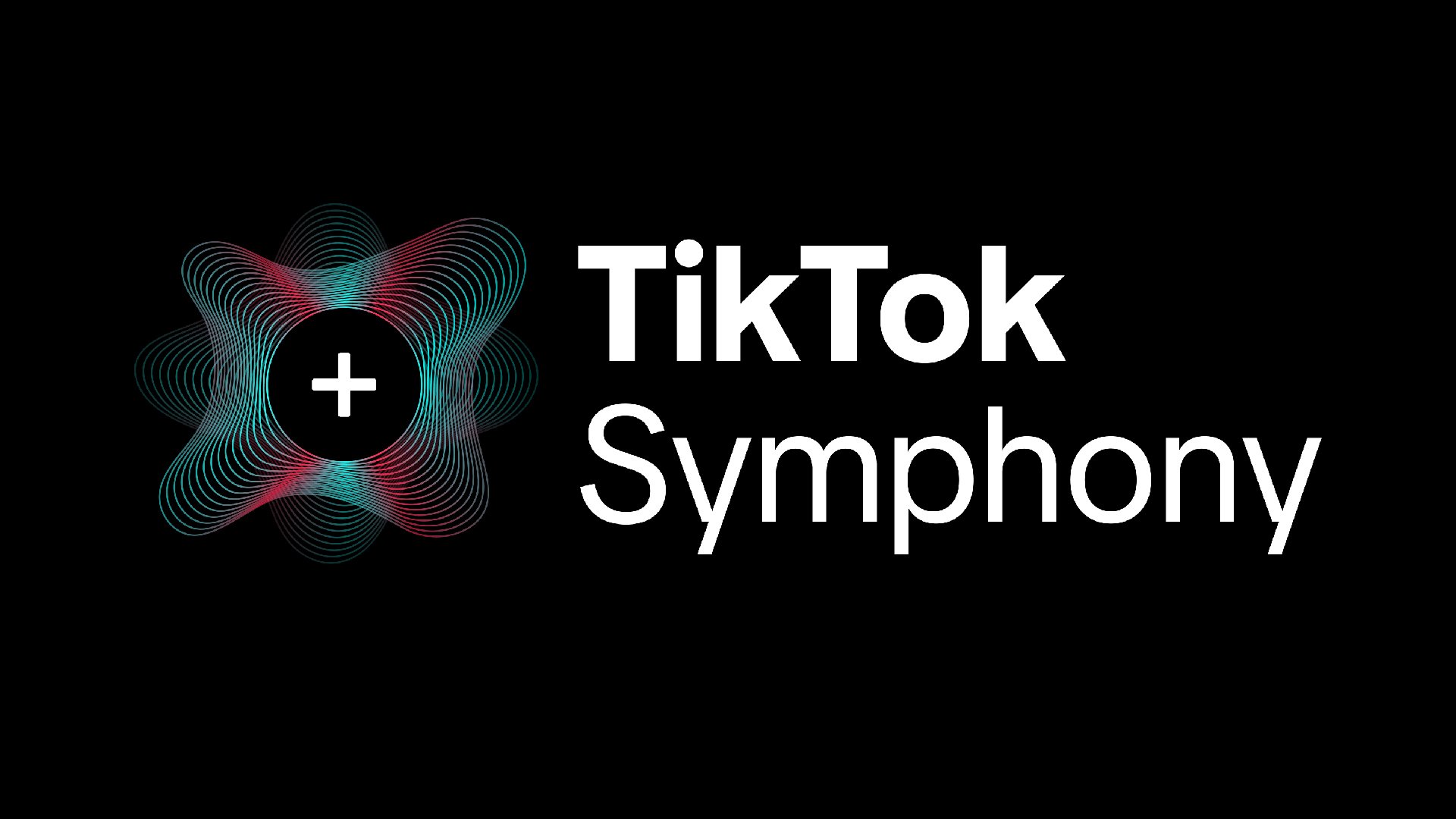Newsletter
Highlights:
OpenAI’s co-founder and former chief scientist is starting a rival AI company focused on responsible practices.
A Citi survey estimates that over half of finance jobs will be automated by AI.
Tiktok debuts a new marketing tool called Symphony Avatars that creates AI generated digital avatars.
Photo by Andrew Neel on Unsplash
Business
OpenAI’s former chief scientist is starting a new AI company (The Verge)
Ilya Sutskever, Open AI co-founder and former chief scientist, recently announced via an X post that he is starting a new rival company called Safe Superintelligence (SSI). SSI is described as a startup that “approaches safety and capabilities in tandem.” This announcement comes shortly after the recent headlines about the how big AI companies are cutting corners and silencing employees for the sake of winning the AI race. “Our business model means safety, security, and progress are all insulated from short-term commercial pressures,” the announcement reads. “This way, we can scale in peace.”
Citi Sees AI Impacting More Than Half Of All Finance Jobs (PYMNTS)
According to a new report by Citi, 54% of jobs in the banking sector have a high potential for automation by AI. Digitally native, cloud-based firms will have the upperhand in integrating AI, whereas other banks may lose market shares as they lag to adopt AI. However, the known problem of AI models to hallucinate and create information that doesn’t exist poses a threat to reliability, trust, and security regulations.
‘Lawyer-in-the-loop’ startup Wordsmith wants to bring AI paralegals to all employees (TechCrunch)
Wordsmith, a Scottish legal tech startup, has received the backing of two well-known venture capital firms as they try to bring AI into the legal sphere with a generative AI platform called “lawyer-in-the-loop”. The platform seeks to automate repetitive, labor-intensive work so that lawyers can focus on other tasks. Wordsmith can be configured as an autopilot for matters that don’t require oversight, or as a co-pilot where the lawyer still gives a seal of approval before any responses are provided.
McDonald’s scraps AI pilot after order mix-ups go viral (Al Jazeera)
In 2021, McDonalds launched a pilot AI-powered voice-ordering system in partnership with IBM. They’ve recently decided to retire it after a “thoughtful review” and several viral videos of order mix-ups. The Tiktok videos show the system picking up orders from the wrong cars, multiplying orders, and producing bizarre food combinations. McDonalds has said this doesn’t signify the end of their experimentation with AI.
Credits to Shutterstock
Science & History
New UNESCO report warns that Generative AI threatens Holocaust memory (UNESCO)
In a report published in partnership with the World Jewish Congress, UNESCO explains that as students increasingly use generative AI to complete assignments and find information, they further polute the sea of disinformation about the Holocaust. As this misinformation spreads and is refed to the internet, in the near future it may be impossible to discern the truth of historical events. UNESCO calls on governments to accelerate the implementation of the Organization’s Recommendation on the Ethics of AI, which has already been integrated into over fifty countries’ legislation.
AI Decodes Emotions in Tennis Players (NeuroscienceNews)
Researchers have developed an AI model that can identify the emotional states of tennis players with a high accuracy by analyzing their body language during matches. It can detect both positive and negative emotions, with a higher accuracy on negative ones. This technology has potential applications in sports training, healthcare, and other fields but would need to be regulated to address privacy and data misuse concerns.
Credits to Tiktok
Entertainment
Meet Symphony Avatars: TikTok's New Creative AI Tool (Tiktok)
Tiktok has become a massive influence in marketing and discoverability for businesses. According to a study, 58% of Tiktok users say they are more likely to trust brands after learning about them from Tiktok creators. As part of their suite of ad solutions called Symphony, Tiktok recently debuted AI generated digital avatars to help brands and creators make more content. The avatars come with a “wide variety of gestures, expressions, nationalities, ages and languages.”
What happened when 20 comedians got AI to write their routines (Technology Review)
Researchers asked 20 professional comedians who already used AI in their artistic process to try using large language models (LLM) like ChatGPT to generate material. The resulting verdict was that AI can be useful for simple tasks like writing monologues or a rough draft, but without human revision the jokes were generic and bland. AI lacks the ability to tastefully navigate the fine line between funny and offensive that so many comedians rely on. In addition, “so much of humor relies on being surprising or incongruous, which is at odds with how these models work,” according to Tuhin Chakrabarty, a computer science researcher at Columbia University.
Credits to Brisk It
Life
This AI is a ChatGPT for grilling, and it can even barbecue for you (TechRadar)
Brisk It, a company that makes Smart Grills, is stepping up their products with an AI assistant named Vera. Like ChatGPT or other chatbots, you can ask Vera for tailored recipe recommendations. But where Vera differs is its ability to cook for you by adjusting your grill’s temperature settings and telling you when to place ingredients. Supposedly, it can also react in real time to correct your mistakes by tweaking the settings to “ensure food comes out top-quality.”





